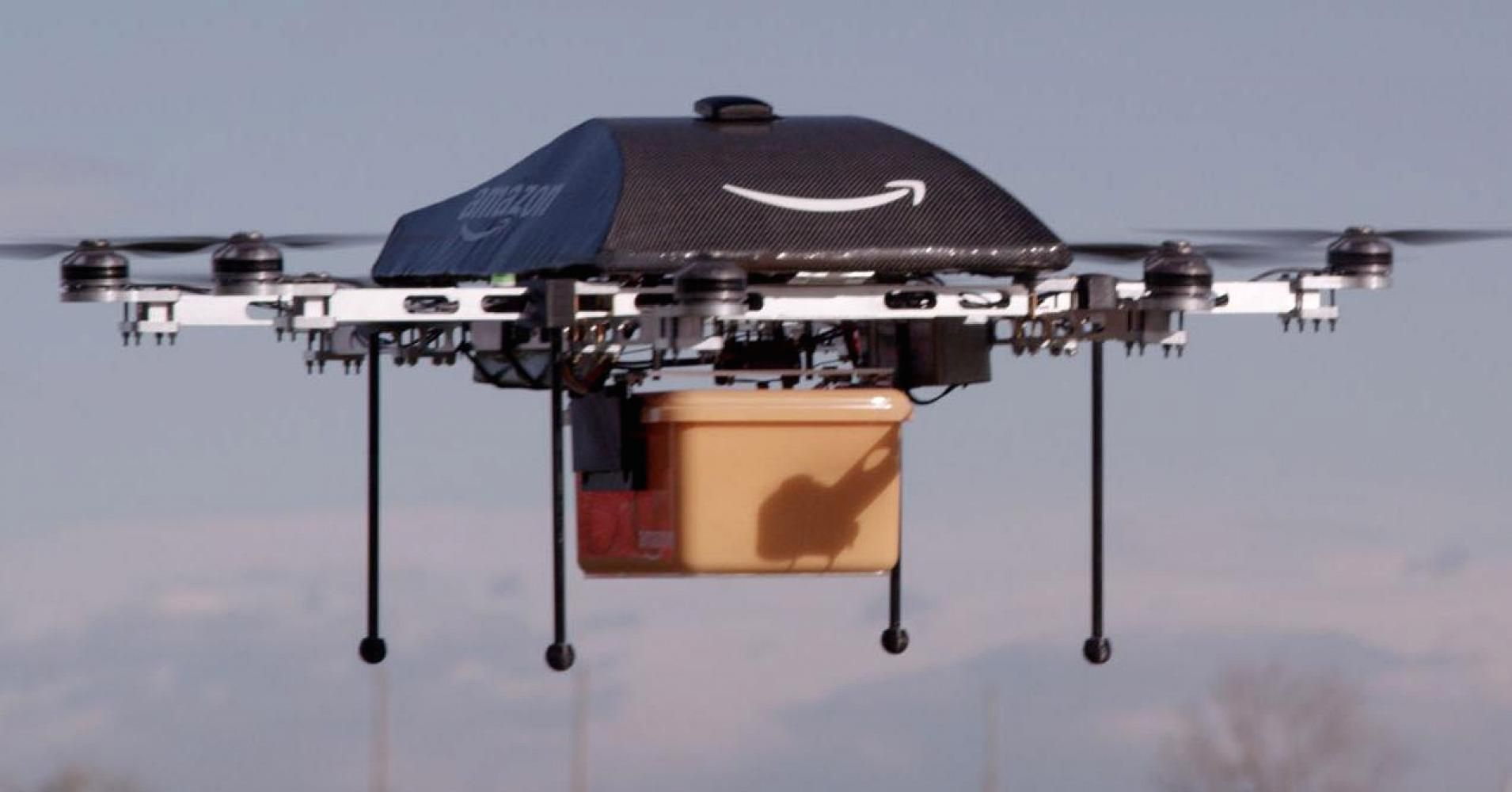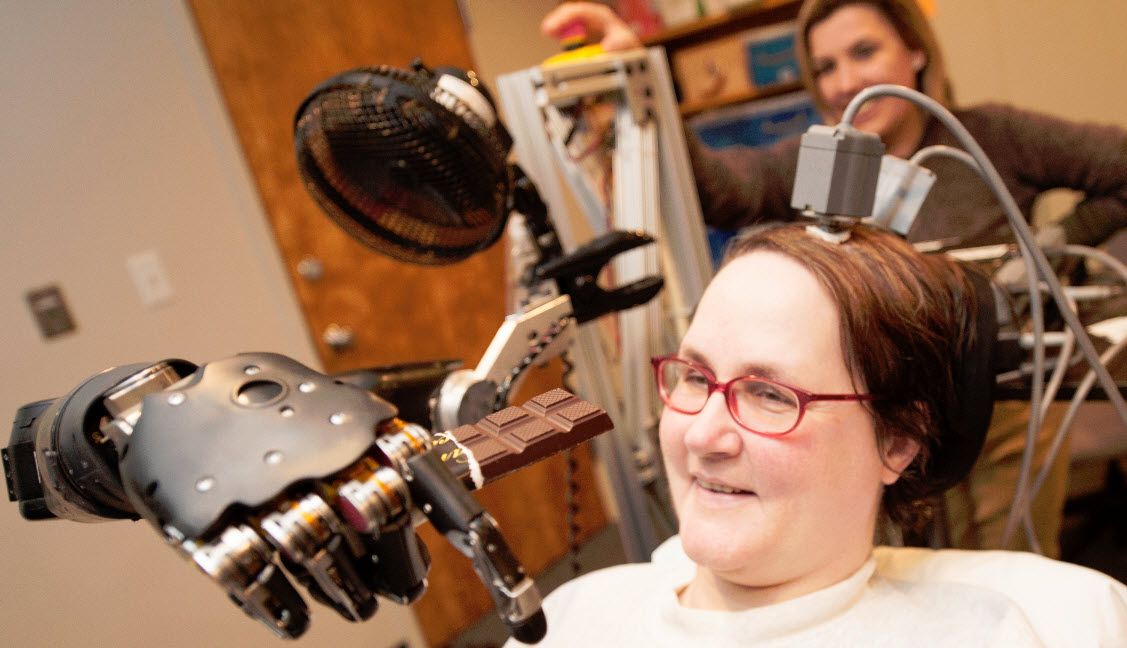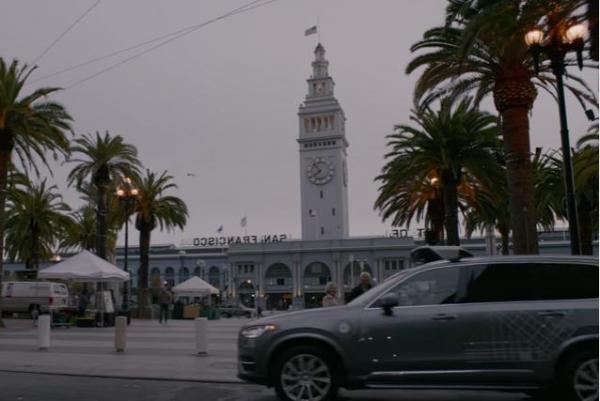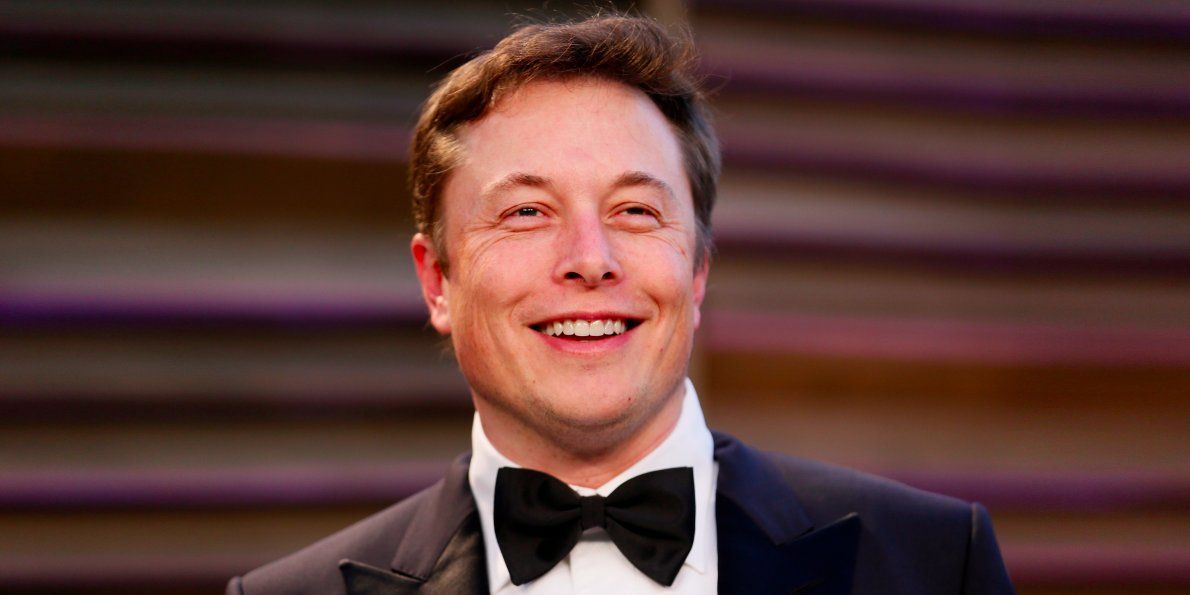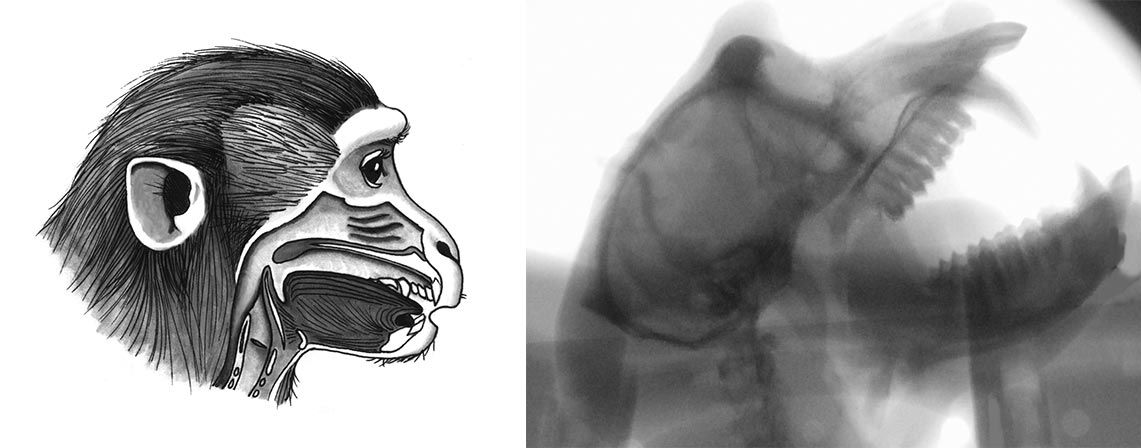

Researchers used X-ray videos (right) to capture and trace the movements of the different parts of a macaque’s vocal anatomy — such as the tongue, lips, and larynx — during a number of orofacial behaviors. (credit: Illustration by Tecumseh Fitch, University of Austria, and image courtesy of Asif Ghazanfar, Princeton Neuroscience Institute)
While they have a speech-ready vocal tract, primates can’t speak because they lack a speech-ready brain, contrary to widespread opinion that they are limited by anatomy, researchers at Princeton University and associates have reported Dec. 9 in the open-access journal Science Advances.
The researchers reached this conclusion by first recording X-ray videos showing the movements of the different parts of a macaque’s vocal anatomy — such as the tongue, lips and larynx. They then converted that data into a computer model that could predict and simulate a macaque’s vocal range.
Read more

